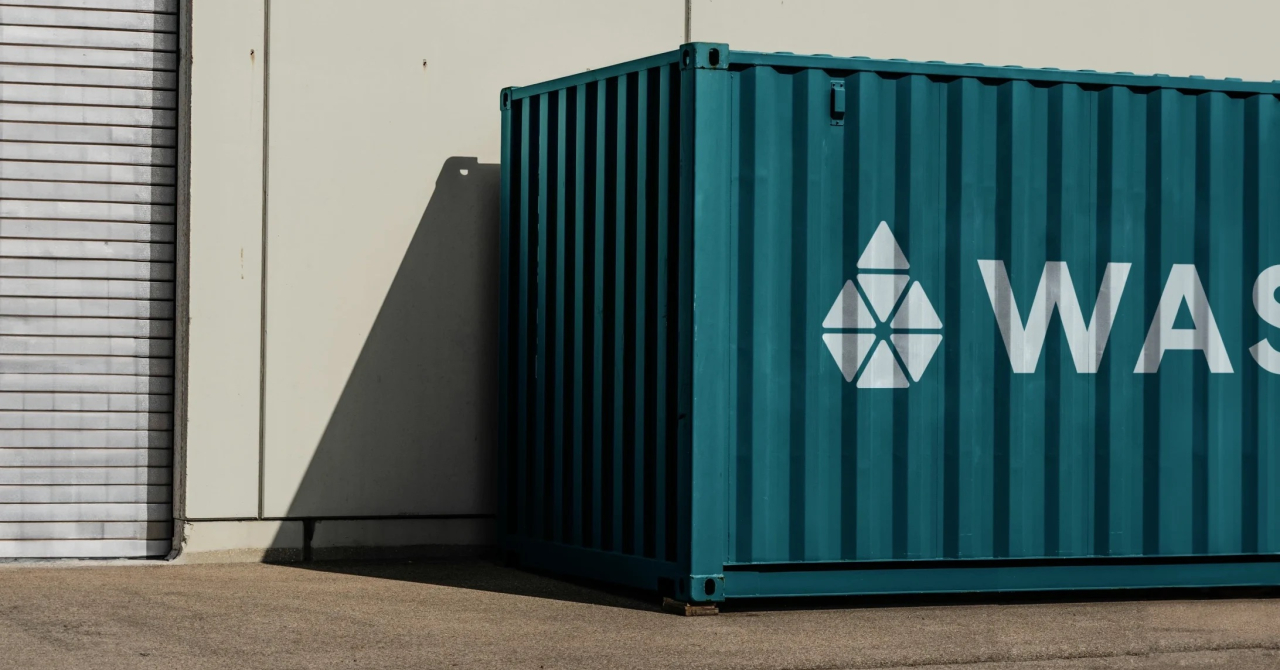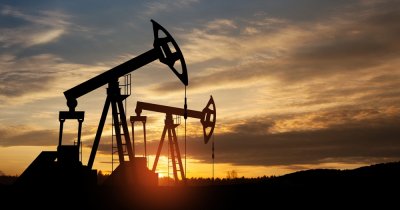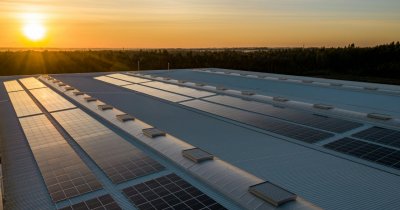Biogas, which is generated from the processing of organic waste streams such as agriculture or household waste, is further processed to produce biomethane or bio-LNG. Biomethane, while identical from the chemical standpoint to its fossil counterpart, has a lower carbon footprint associated with its existence in the atmosphere, as well as the fact that it has a shorter lifespan. Thus, it can be used in the existing infrastructure until proper decarbonization fuels emerge.
ESG Today writes that Bristol-based WASE was founded in 2017 and it offers a technology capable to turn certain types of waste into renewable fuel streams. The company's Electro-Methanogenic Reactor (EMR) technology is able to produce up to 30% more biogas ten times faster, increasing the methane content of biogas to more than 80% compared to conventional anaerobic digesters.
Thomas Fudge, Founder and CEO of WASE said that "we’re seeing a future of Waste-to-Energy that maximizes economic and environmental benefits for all players involved, and we aim to play a major part in this transition by becoming leaders in the biogas market."
Extantia Capital led the 10.7 million USD funding round, which saw participation from Hitachi Ventures, WEPA Ventures and Engie New Ventures.
Photo source: WASE
 Mihai - Cristian Ioniță
Mihai - Cristian Ioniță












Any thoughts?